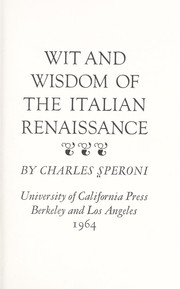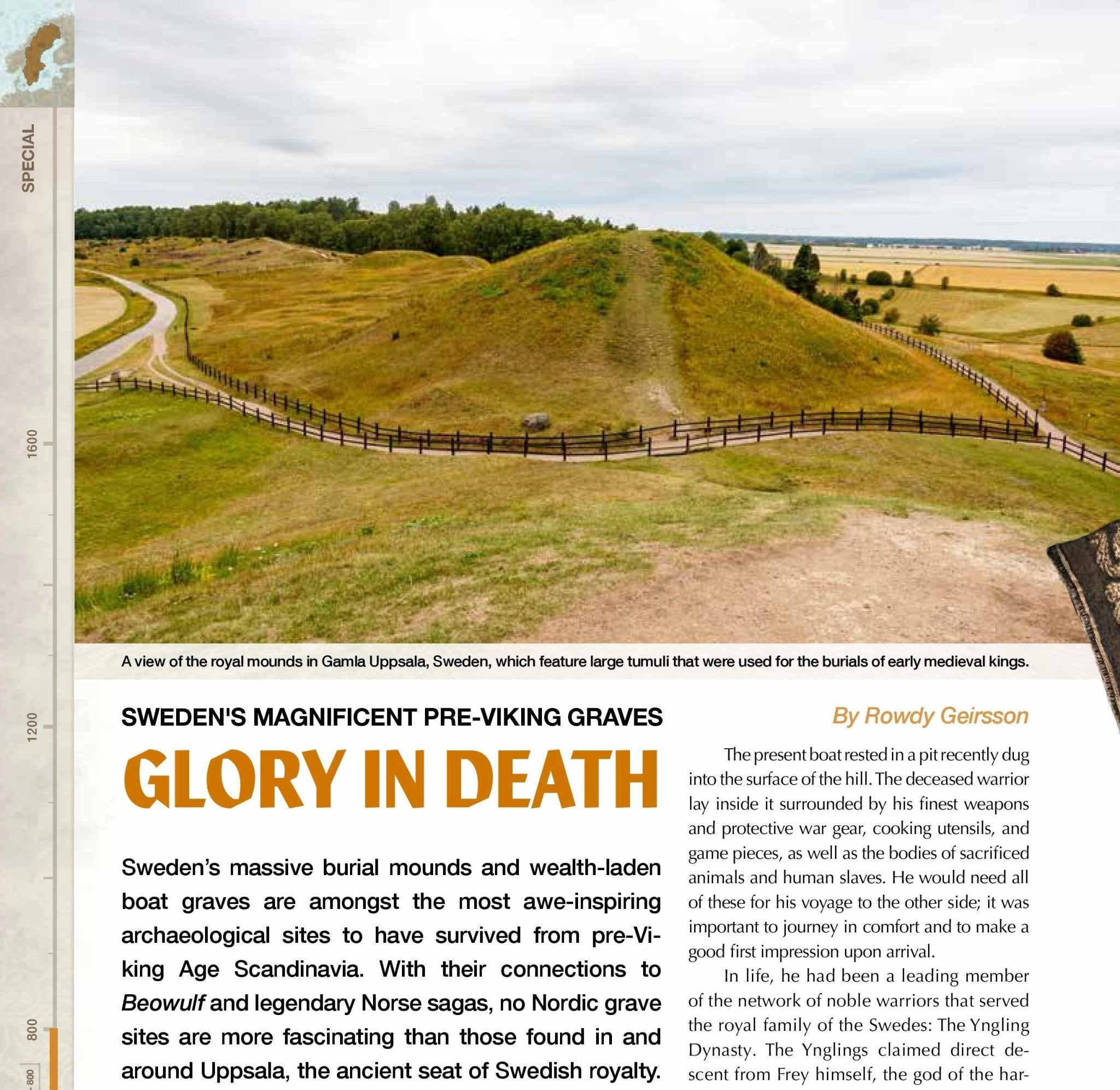Being Witty about War in the Italian Renaissance
I recently came across the book Wit and Wisdom of the Italian Renaissance, by Charles Speroni. It notes that one can find in Italy during this period many writers who were interested in maxims, proverbs and just recording the interesting and humorous anecdotes they came across. Speroni’s book is a collection of these anecdotes, from eleven different writers between the fifteenth and sixteenth centuries.
On occasion, some of these stories are related to war, and I wanted to share with your some of my favourites:
Of an archer who wounded Ridolfo - as told by Poggio Bracciolini (1380 - 1459)
Several men from Camerino one day were passing their time practicing archery outside the city walls. A clumsy fellow shot an arrow and inflicted a slight wound on Prince Ridolfo, who was watching from a distance. The awkward archer was seized, and, believing that by doing so they would win the Prince’s favor, everyone suggested an appropriate punishment for the offender. One of them proposed that his hand be cut off, so that he would no longer be able to shoot his bow. Ridolfo intervened and ordered that the man be released, saying that such a sentence would have been effective only if it had been carried out before he was hit.
Reply of Giulian Gondi to the Duke of Calabria - as told by Angelo Poliziano (1454 - 1494)
During the war against the Florentines, the Duke of Calabria said to Giulian Gondi that he wouldn’t remove his spurs until he had seized Florence, and the latter replied to him, “Lord, you will wear out a lot of sheets!”
Soldiers are like bees - as told by Niccolo Angeli dal Bucine (1448 - 1532)
Messer Diomende Caraffa, Count of Matalona, who was a close and intimate friend of King Ferrando of Naples, as well as his prime minister, was held to be a most wise man in his day. He used to say that soldiers are like bees, which, if they are scattered in all directions, do not make honey; but if they are mustered together in a vase or in a box, they make a great deal of honey.
What is needed to wage a war - as told by Ludovico Guicciardini (1521 - 1589)
When King Louis XII of France wanted to attack the Duchy of Milan, to which he had laid claim, one day, while holding a council on this, he asked Gianiacopo da Triulzio, a most renowned and expert Milanese captain, what preparations and provisions were necessary for such a signal enterprise. And Triulzio replied at once to him: “We need to prepare three things, Sire - money, money, and more money!”
 Wit and Wisdom of the Italian Renaissance, by Charles Speroni, was published by the University of California Press in 1964.
Wit and Wisdom of the Italian Renaissance, by Charles Speroni, was published by the University of California Press in 1964.
To know more about warfare in the Italian Renaissance, check out our issue on The Sack of Rome.




